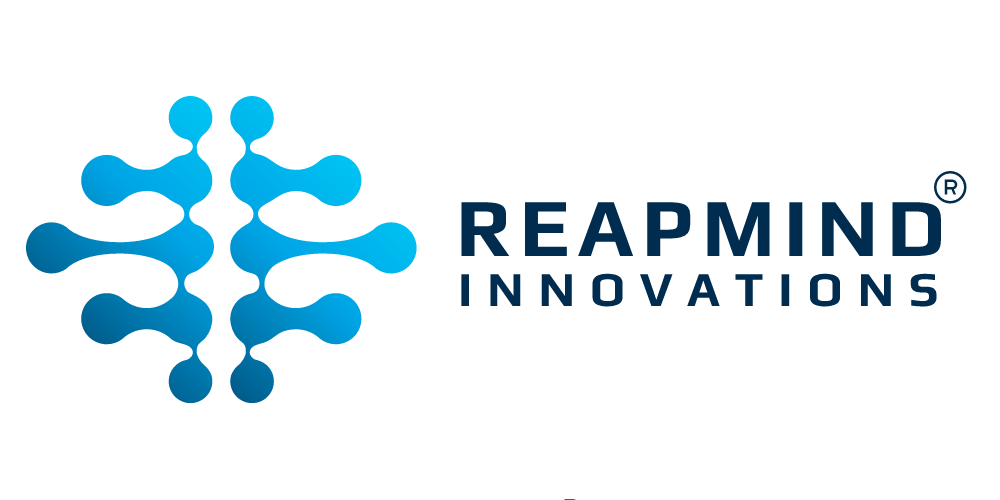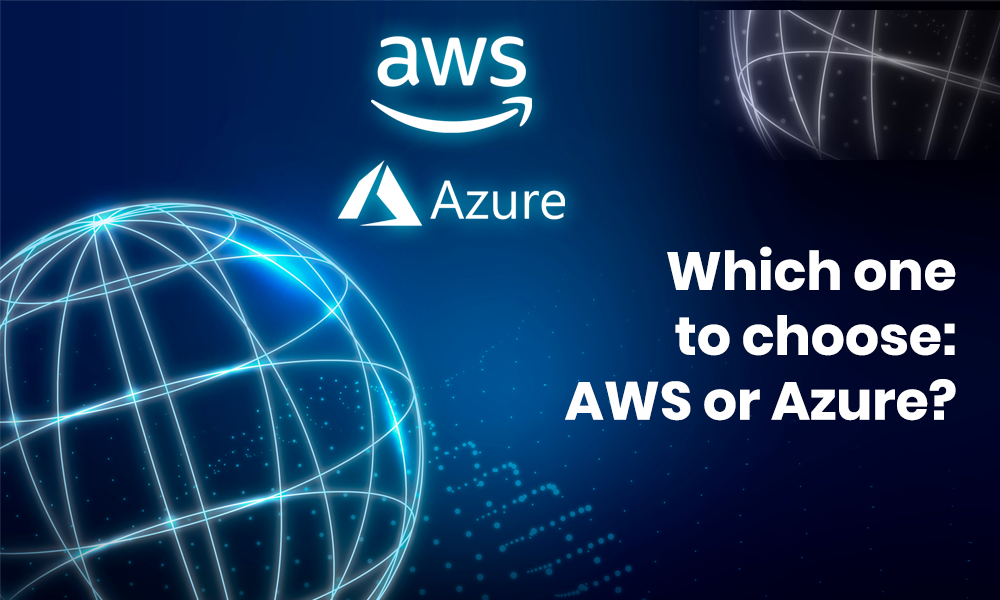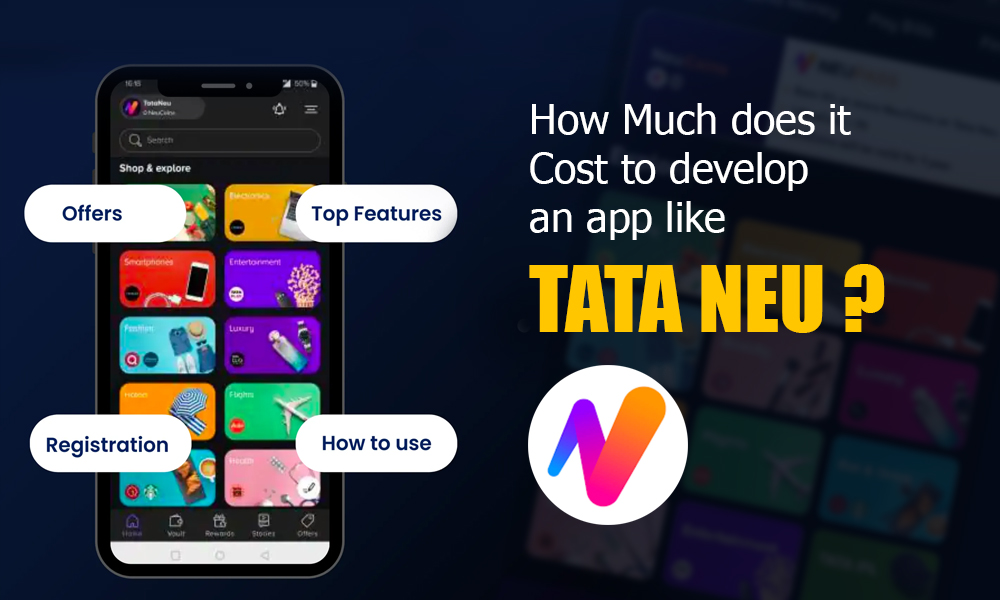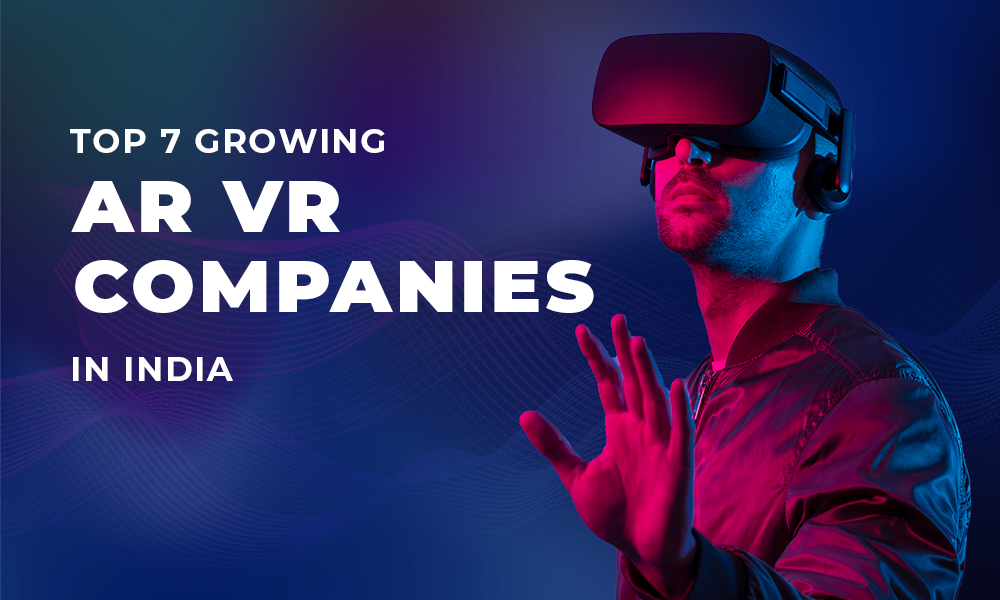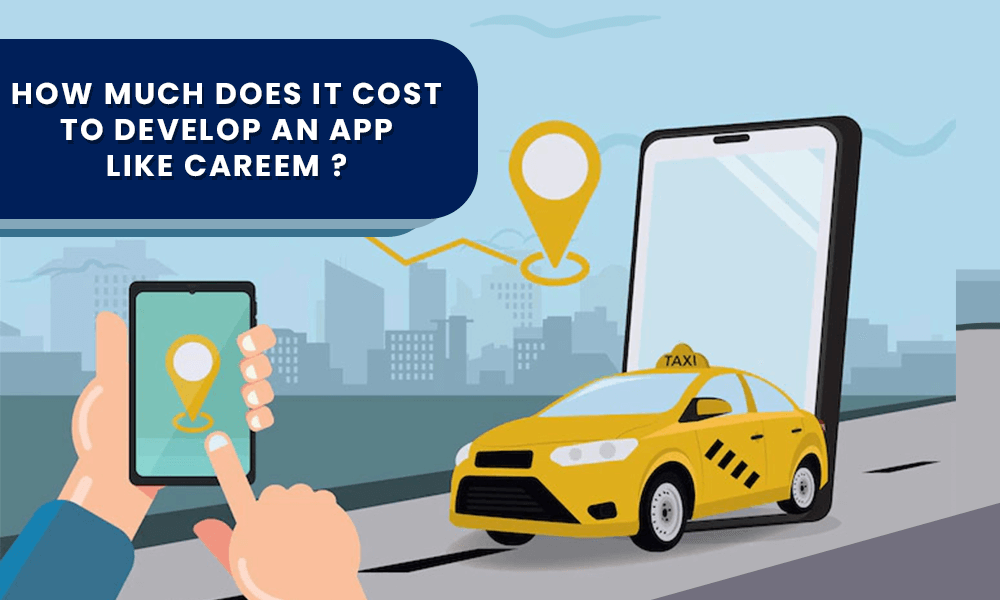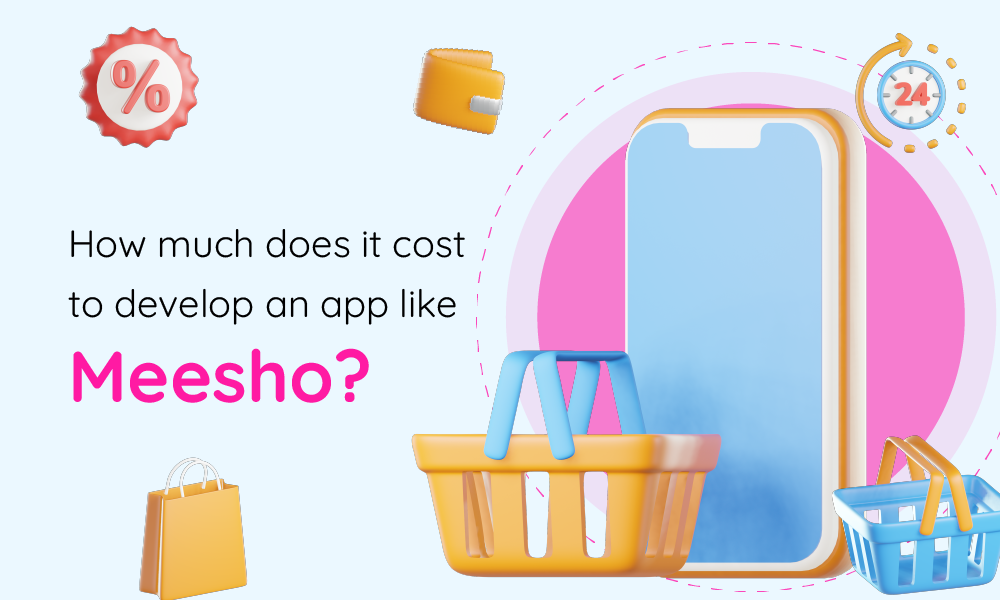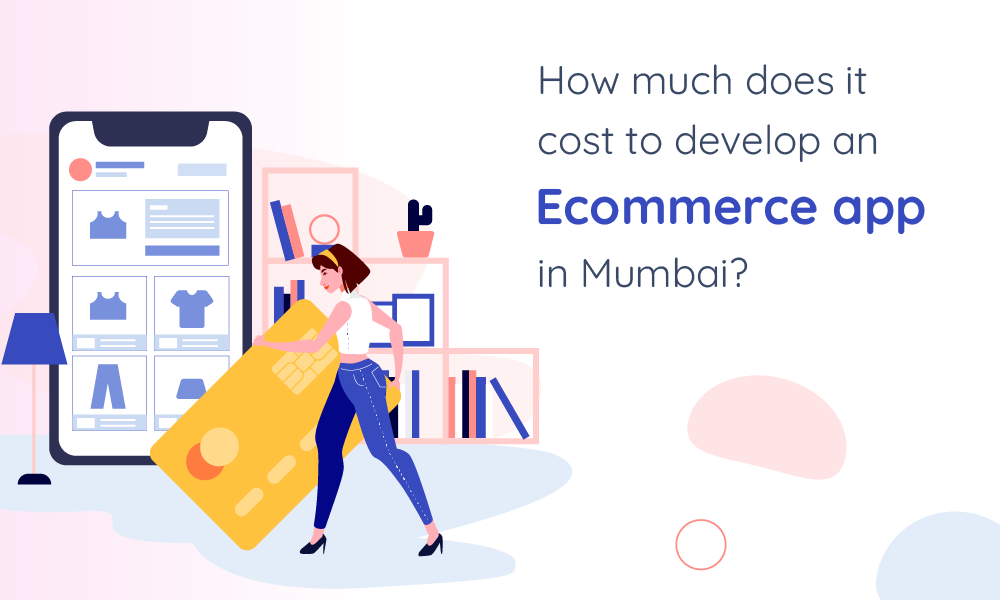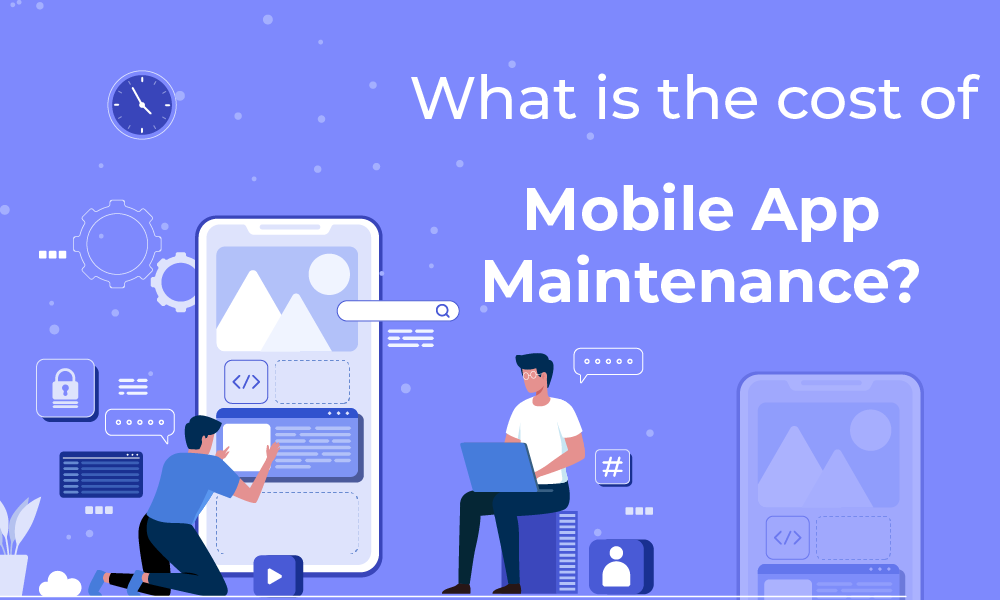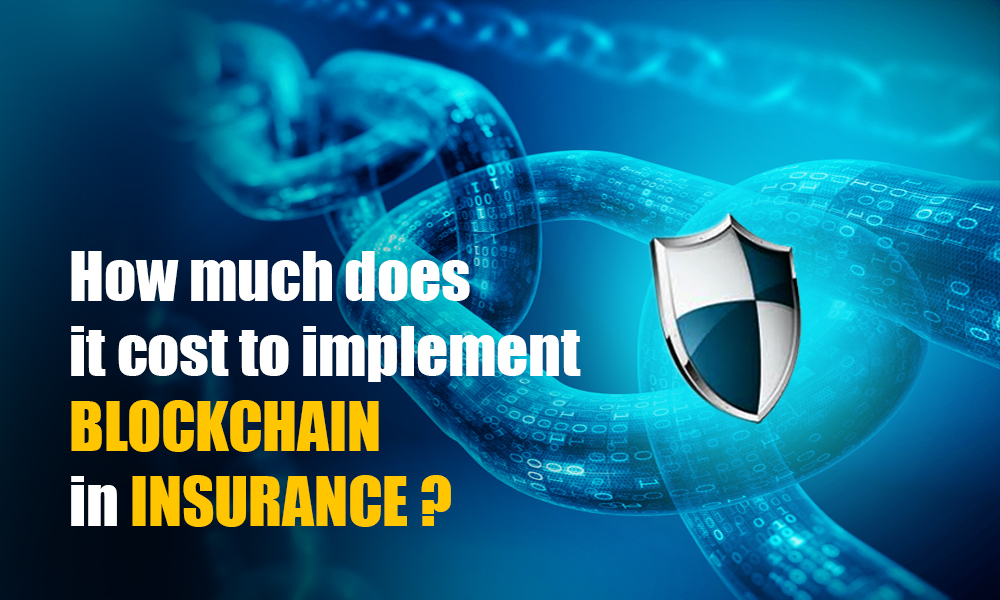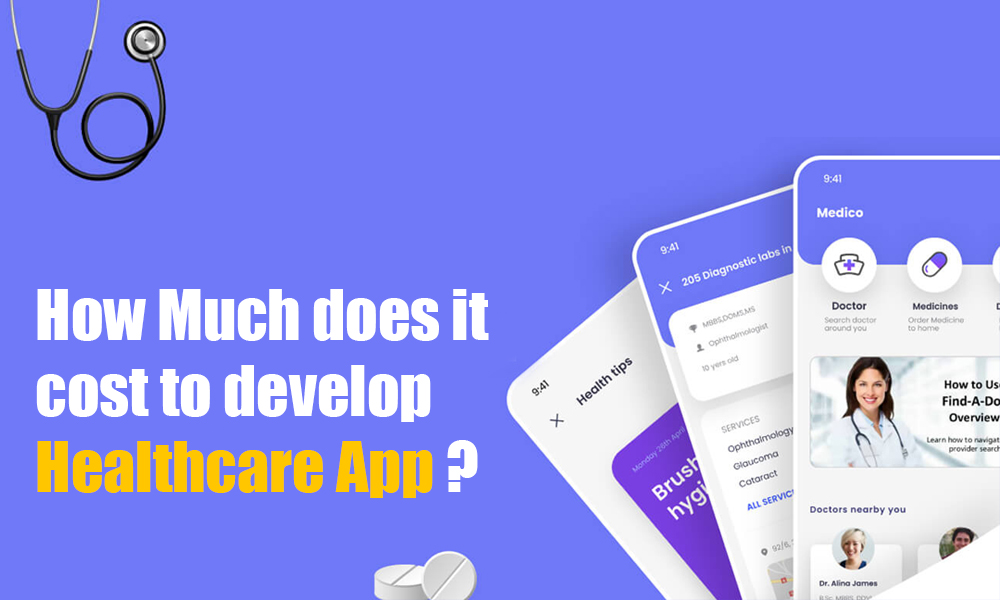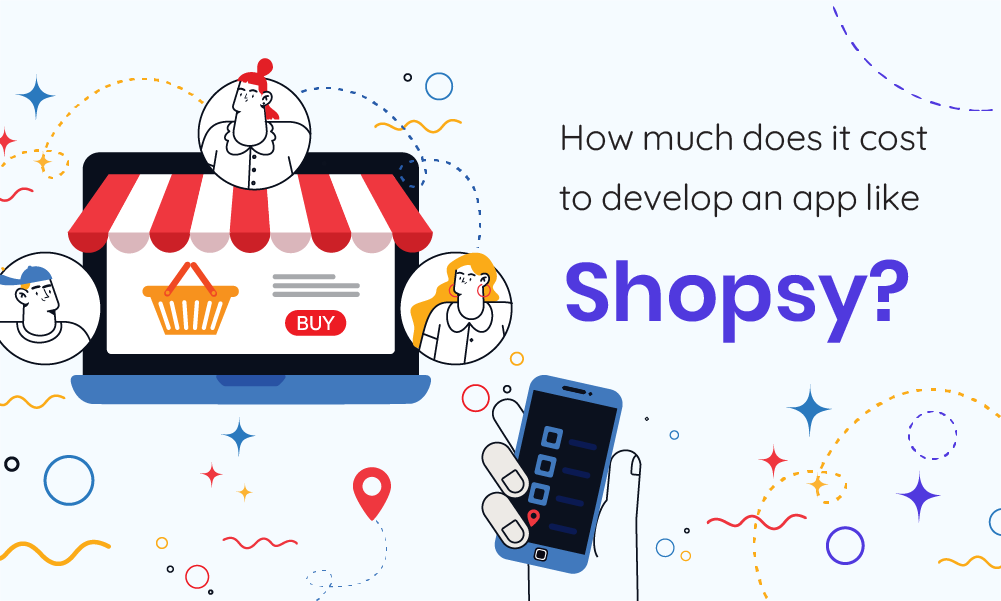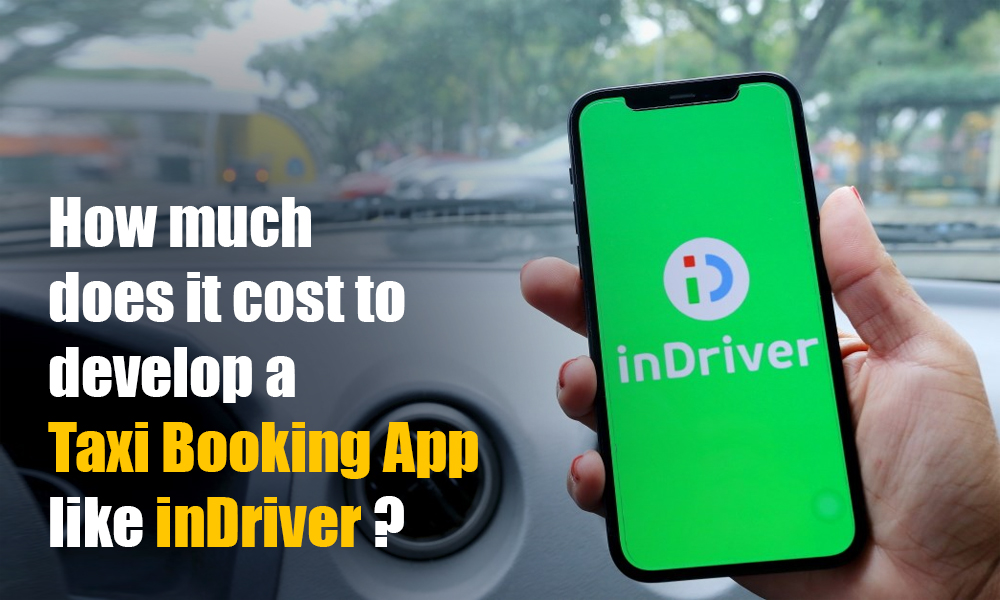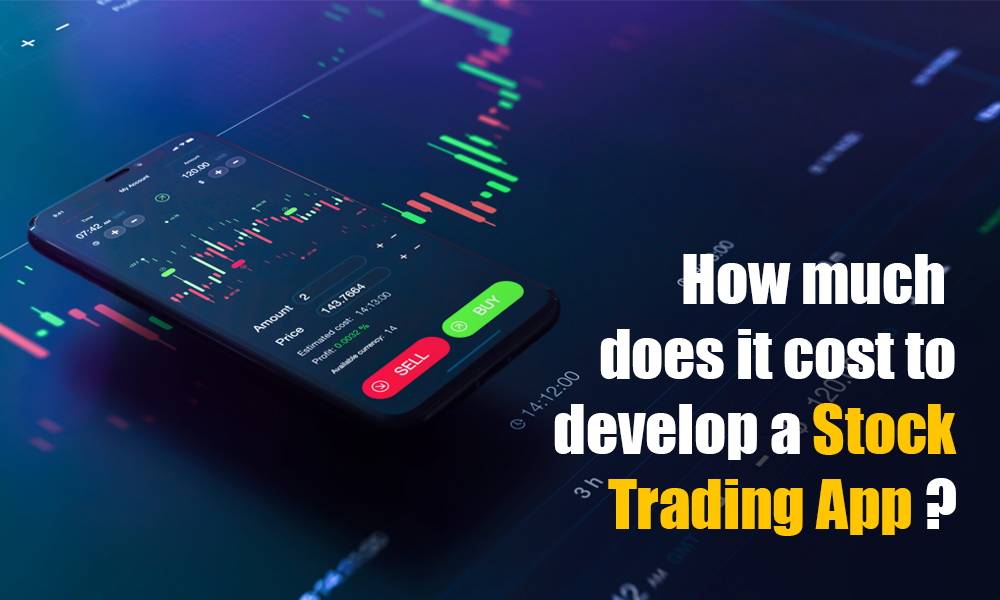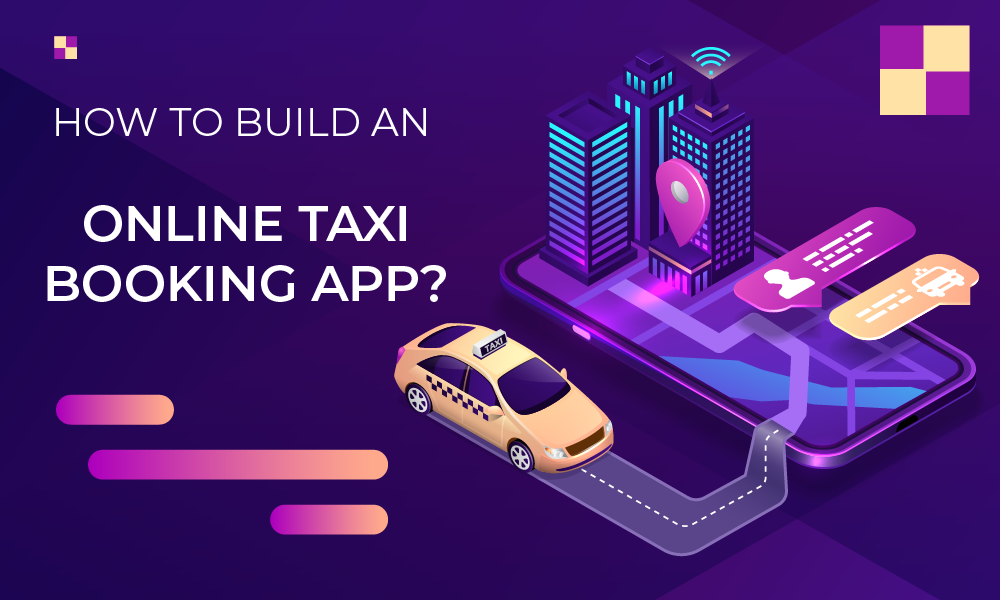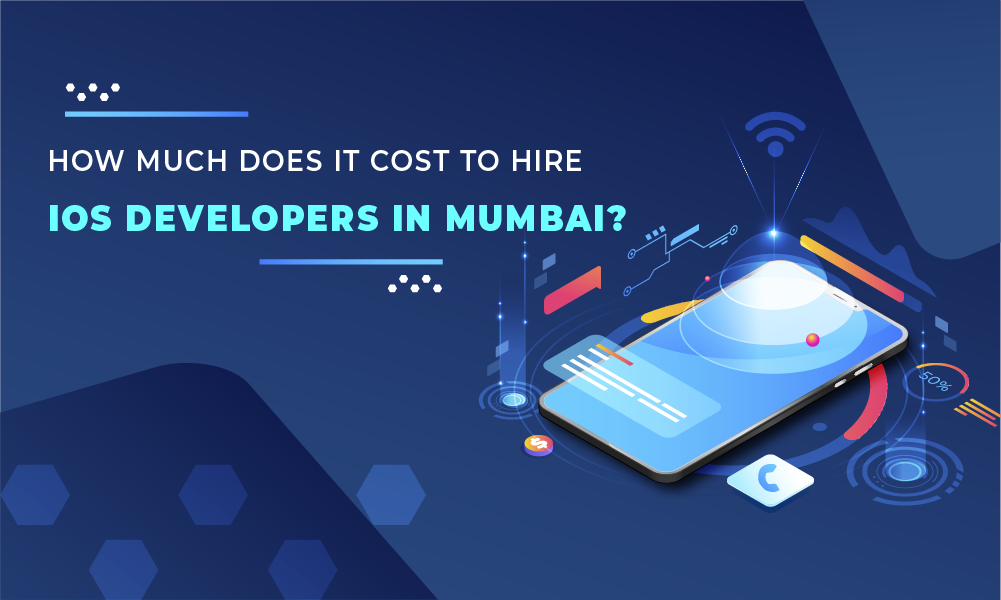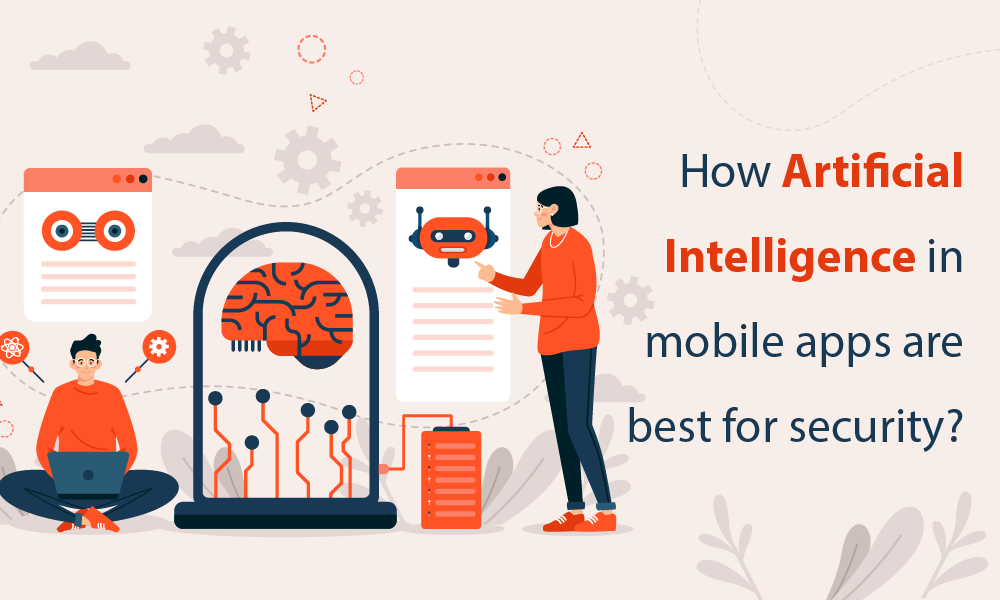Introduction:
Table of Contents
ToggleManaging a successful e-commerce Enterprise involves managing various interconnected facets, such as resource planning, inventory management, and internal communications. However, 72% of businesses struggle with data silos, hindering informed decision-making.
To address this, Enterprise Resource Planning (ERP) tools play a crucial role by consolidating essential resources into a unified platform. The integration of e-commerce and ERP enhances operational efficiency, simplifies planning, and mitigates challenges associated with using multiple systems. This leads to streamlined business operations and improved data-driven decision-making.
According to the IDC report from 2022, the global demand for ERP e-commerce integration solutions is expected to reach $14.2 billion by 2027.
In this blog, we’ll delve into the world of ERP e-commerce integration, exploring its mechanisms, benefits, and challenges, and providing practical tips for a successful implementation.
How Does e-commerce ERP Integration Work?
ERP integration is the strategic alignment of Enterprise resource planning (ERP) systems with e-commerce platforms, acting as a cohesive force to optimize operations. By unifying diverse components, it enables seamless collaboration, which is essential for e-commerce businesses. It begins by scrutinizing existing systems, identifying synergies, and crafting a well-defined strategy outlining goals and timelines.
In simpler terms, envision it as assembling a well-oiled machine. Each component, like gears in a system, is examined to understand their interaction. A meticulously designed plan ensures they fit seamlessly, enhancing business efficiency.
This integration process serves as the backbone of unified system efficiency. It merges ERP and e-commerce, streamlining processes and data flow and facilitating a harmonious operation that accelerates growth. ERP systems, in this symbiosis, offer a centralized hub for operations. They enhance efficiency, maintain precise data management, and enable fluid processes. This integration empowers businesses to swiftly adapt to market shifts, effortlessly scale operations, and make informed decisions, nurturing sustainable growth within the fiercely competitive e-commerce landscape.
Key Features of ERP e-commerce Integration for Business Growth:
The seamless fusion of ERP and e-commerce systems has emerged as a catalyst for business growth. As businesses strive for efficiency and scalability, understanding the key features of ERP e-commerce integration becomes imperative.
Let’s delve into the top 5 key features of ERP e-commerce integration:
| Key Feature | What it does | How it Works | Benefits for Business Growth |
| Real-time inventory management | Synchronizes inventory data in real-time between ERP and e-commerce systems. | Constantly updates stock levels, ensuring accurate product availability information. | It prevents overselling, reduces errors, and optimizes order processing, leading to improved customer satisfaction and business growth. |
| Unified Customer Data | Consolidates customer information into a comprehensive view from various touchpoints. | Integrates data from ERP and e-commerce, creating a 360-degree profile of customer behavior. | It enables personalized experiences, fosters customer loyalty, and guides informed decision-making for long-term business growth. |
| Automated Order Processing | Automates order processing workflows, reducing manual tasks and potential errors. | Integrates systems to streamline the order lifecycle from placement to fulfillment. | Enhances order accuracy, shortens fulfillment cycles, and improves overall operational efficiency, supporting scaling operations. |
| Streamlined financial management | Integrates financial data from ERP and e-commerce, providing a consolidated overview. | Automates financial processes like invoicing and reconciliations, ensuring accuracy. | Enables informed decision-making, effective cash flow management, and smoother navigation of e-commerce scaling challenges. |
| Scalability and flexibility | Provides an adaptable infrastructure that accommodates business growth and changes. | Offers scalability to handle increased transactions or expanded product lines without constraints. | Ensures business agility, minimizing challenges associated with scaling e-commerce operations and supporting sustained growth. |
Advantages of ERP and e-commerce Integration:
ERP e-commerce integration isn’t just about connecting systems; it’s about leveraging synergy to drive business growth, efficiency, and customer satisfaction in a competitive market landscape. Understanding the mechanisms and benefits of this integration is pivotal for companies aiming to scale their e-commerce endeavors effectively.
Here are the top 7 advantages of ERP-e-commerce integration:
- Streamlined Operations:
Integration between ERP and e-commerce systems harmonizes operations by enabling the seamless flow of data. It automates repetitive tasks, such as order processing and inventory management, minimizing manual errors and boosting operational efficiency.
- Real-Time Data Synchronization:
One of the standout benefits is the synchronization of data in real-time between ERP and e-commerce platforms. This synchronization ensures that information on inventory levels, customer orders, pricing, and product details remains accurate and up-to-date across both systems.
- Improved Customer Experience:
The integrated system provides a holistic view of customer data, allowing businesses to offer personalized experiences. From order history to preferences, businesses can tailor interactions and marketing efforts, enhancing customer satisfaction and loyalty.
- Enhanced Decision-Making:
With access to consolidated and accurate data, business leaders can make informed decisions swiftly. Analyzing trends, forecasting demand, and identifying opportunities become more precise, fostering better strategic planning.
- Scalability and Flexibility:
As businesses grow, the scalability and flexibility offered by ERP e-commerce integration become indispensable. The integrated system can adapt to evolving business needs, whether it’s managing increased transaction volumes or expanding product lines.
- Cost Efficiency:
While the initial investment in integration may seem significant, the long-term cost efficiency is substantial. Reduced manual efforts, minimized errors, optimized inventory management, and improved resource allocation contribute to cost savings.
- Mitigating Challenges:
Despite challenges in scaling an e-commerce business with ERP integration, such as system compatibility and data security, the benefits outweigh these hurdles. With careful planning, the right technology partners, and a robust strategy, businesses can overcome these challenges effectively.
Real-World Success Stories:
The e-commerce sector offers vast opportunities for growth, yet the journey from a budding startup to a dominant force is filled with challenges. In this landscape, ERP e-commerce integration stands out as a game-changing solution, simplifying operations, enhancing efficiency, and igniting remarkable expansion.
Let’s take a closer look at three real-world success stories that prove the transformative power of this powerful tool:
1. Mamaearth (India):
Mamaearth, a brand rooted in natural beauty, kicked off its journey with small-scale kitchen production. However, their trajectory transformed drastically with integration. The introduction of real-time inventory visibility averted stockouts, slashing order processing time to a remarkable 17 hours and achieving a staggering 99.99% fulfillment accuracy. This integration orchestrated a remarkable 144% surge in orders within just 8 months, showcasing how integration can be a game-changer, even for budding brands.
2. Fulton & Roark (USA):
Fulton & Roark, a men’s grooming Enterprise, grappled with manual data entry and fragmented information amid exponential business growth. Hence, the company opted for ERP e-commerce integration. This technological solution eradicated inventory discrepancies, drastically reducing order processing time to a swift 24 hours. It empowered them to effortlessly triple their order volume, setting the stage for their ambitious expansion plans.
3. Green Rabbit (Canada):
Green Rabbit, a prominent player in the candy and snack domain, confronted the challenge of streamlining operations across three warehouses. That’s when the company opted for ERP e-commerce integration. Now equipped to dispatch tens of thousands of orders daily, their seamless data flow ensured error-free operations, bidding adieu to inventory woes and logistical challenges. This newfound agility enabled them to diversify their product range and customer outreach without compromising on operational efficiency.
Challenges of Scaling e-commerce Business with ERP:
Merging ERP with e-commerce demands intricate technical setups, requiring specialized expertise for seamless system communication and process alignment.
- Achieving real-time consistency in inventory, pricing, and customer data across ERP and e-commerce platforms requires meticulous handling to avoid synchronization errors.
- Tailoring ERP systems to e-commerce needs demands a careful balance between flexibility, scalability, and avoiding over-customization.
- Scaling up with ERP integration necessitates dedicated resources, including skilled personnel and financial investments, posing a challenge for smaller businesses.
- Implementing ERP systems requires comprehensive user training for proficient system use, demanding time, and ongoing support.
- Increased data flow raises security concerns, necessitating stringent measures to protect sensitive information and maintain compliance standards.
Navigating these challenges demands a strategic approach, leveraging the expertise of integration partners, and staying informed about evolving technologies. Overcoming these challenges not only ensures a seamless integration process but also unlocks the true potential of ERP e-commerce integration, propelling businesses towards sustainable and thriving expansion.
How Can ReapMind Help You Get Started with Robust e-commerce ERP Integration?
The fusion of robust ERP systems with online platforms is the key to sustainable growth. As businesses set sail on this integration journey, navigating the complexities requires a trusted guide. That’s where ReapMind steps in!
Here’s why choosing ReapMind is the key to unlocking seamless integration:
- With a track record of successfully connecting e-commerce and ERP systems, ReapMind brings a wealth of practical knowledge and experience to the table.
- Recognizing the uniqueness of every business, we craft personalized integration solutions, ensuring they align precisely with your distinct needs and objectives.
- ReapMind values your time. Our streamlined integration process minimizes downtime, ensuring a quick transition to a more efficient system.
- Beyond the integration phase, we are committed to providing ongoing support. Your system will operate seamlessly, adapting to the dynamic needs of your growing business.
Ready to amplify your business with e-commerce ERP integration? Connect with ReapMind today and witness your business ascend to new heights!
Conclusion :
ERP e-commerce integration serves as the foundation for expanding e-commerce ventures, fostering smooth operations, and fueling growth.
In the midst of scaling challenges, ReapMind emerges as the best digital transformation partner, excelling in navigating integration complexities. With tailored solutions and a proven track record, ReapMind unleashes the potential of ERP e-commerce integration.
Elevate your business with our expertise; revamp operations, optimize efficiency, and surge towards unprecedented growth.
Take that crucial step towards success with ReapMind as your reliable partner in e-commerce ERP integration!
FAQs
1. What is ERP e-commerce integration?
Ans: ERP e-commerce integration refers to the seamless connection between an Enterprise resource planning (ERP) system and an e-commerce platform. It enables real-time data synchronization, streamlines operations, and enhances overall efficiency.
2. Why is ERP e-commerce crucial for businesses?
Ans: ERP e-commerce is important for businesses as it centralizes data, automates processes, and provides a unified view of operations, improving decision-making and customer experiences.
3. What challenges might businesses face during ERP e-commerce integration?
Ans: Common challenges include data inconsistencies between systems, system compatibility issues, data security concerns, and the need for employee training. However, these challenges can be overcome with proper planning and support.
4. What are the costs associated with ERP e-commerce integration?
Ans: The costs depend on factors like software licenses, customization, integration tools, ongoing support, and potential downtime during implementation.
5. Can ERP e-commerce integration improve customer experiences?
Ans: Absolutely. Integration allows for seamless order tracking, personalized customer interactions based on accurate data, faster order processing, and a unified view of customer information. This leads to improved customer satisfaction and loyalty.
